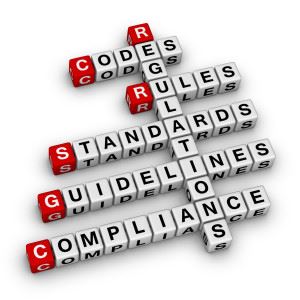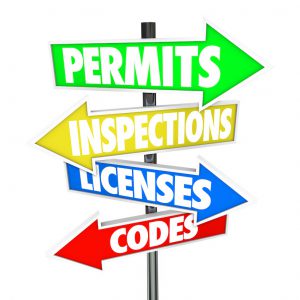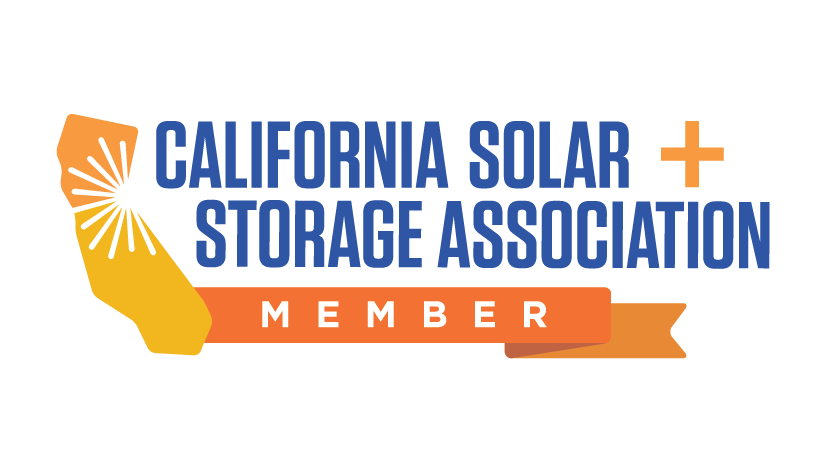Building and Fire Code Matters
Recently we have seen an influx of customers walking into our showroom with a wave of questions outside the typical realm of questions people bring to the table. The most eye-opening question is, “Can you look at our plan sets? I am not sure they are to code.” Our first response is, “OF COURSE code matters!” It is important to understand solar building codes. And then we take a look at the plan sets to see if the plans are to code, and where we might be able to offer some points of insight to potential clients.
What Code Are We Talking About?

Photo Credit: City of Galveston
The first idea to keep burning while you are shopping for a solar installation company is that solar installation is a construction process. Most install teams make the process look simple due to their experience. And the install process for most residential jobs is quite short, further supporting the mindset that solar is an accessory added to a home and not a major construction project.
Second, construction, in the state of California, is driven by construction, building and fire codes. These codes are developed to ensure the safety of both the construction crew working the job, but also to promote the integrity of the construction project – again, linked to safety. According to FEMA, building codes are “sets of regulations governing the design, construction, alteration and maintenance of structures. They specify the minimum requirements to adequately safeguard health, safety, and welfare of building occupants. Most states and local jurisdictions adopts the model building codes maintained by the International Code Council (ICC).
Why Are Codes Important?

Photo Credit: Log Cabin Hub
Quite simply, codes keep people safe. Codes are designed to keep installers from making drastic mistakes that can put the system, and the building they are mounted on, in jeopardy. They promote the safety of workers and they promote the safety of the people working and living in the buildings that are being constructed or modified. We are in the solar industry, but the solar industry is about people. If we are not taking proactive steps to protect the families and businesses who benefit from solar energy, there is not much reason to be in business. We pride ourselves in being leaders in local solar – and that means we put people in the community first.
Building our systems to code means several things. First, it means that we are following the guidelines for construction that are laid out by the local governments and governing jurisdictions where we install.
Second, it means that value our customers. Anyone who is willing to sell and install a solar installation that is not to code values the money involved in the transaction and nothing beyond that. It means they are willing to put your home, business and the people within those buildings at risk.
Furthermore, as a homeowner, solar systems that are not to code could have serious repercussions. Real Estate professionals emphasize that if a city or county finds out a system is not installed to code; the building could be “red-tagged” for a health and safety violation. In solar, that means that you may have to pay someone to tear down your system and reinstall the panels, so they are to code. In the realm of selling the home, the homeowner may have to pay for this to be done before the home can be sold or have to give the buyers a credit to fix the solar system installation on their own. Either way, having a system that is not to code can cost someone thousands of dollars to fix – or thousands more if there is some sort of code violation that leads to disaster such as fire, or a panel coming off the roof.
As a business owner with a responsibility to the community, our employees and our customers, it is fundamentally wrong to sell and install a system that does not align with local building code. We will not do it, nor will we condone any company that does.
What Do I Look For? What Do I Do?
The solar industry is driven by many types of code that include fire code, electrical code and building code. This means that the solar installation company you choose to work with must be constantly working with local jurisdictions to ensure all engineering plan sets are accurate and truly built to code.
For a consumer to be familiar with all necessary codes is unreasonable. However, as you sit down to review plans and quotes with your selected solar installation company, it is important you ask your sales representative to point out how the system, it’s components and installation strategy answer to building codes, fire codes and engineering codes. If your sales professional is not able to speak to the code, ask to work with someone who can.
This is why we openly invite customers, and people who just want to learn about solar, into our Educational Showroom located in downtown Brentwood. We have a Solar Designer in house. Our Solar Designer is such an asset to our solar team because he can walk both our Energy Advisers and our customers through the layers of code each system has to be built and designed to. Our Solar Designer is a key educator who is familiar with all the local, city, and country building code expectations. This allows us to confidently work with families and business owners and speak to safety. Unfortunately, not all local solar companies can offer that necessary and mandatory service to their customers.
Reach Out
Building, fire and electrical code save lives. Although seemingly a dramatic statement, it is grounded in why these codes exist. Construction is a business that must be led from a perspective of safety and follow the city and county regulations. It is not a matter of choice, it is a matter of saving lives and avoiding lurking dangers. If you are interested in learning more about codes that regulate the installation of either a commercial or a residential solar system, reach out to one of our Energy Advisers today.
If you are in the process of looking for a solar company, here are some great articles to supplement your research:


Leave a Reply